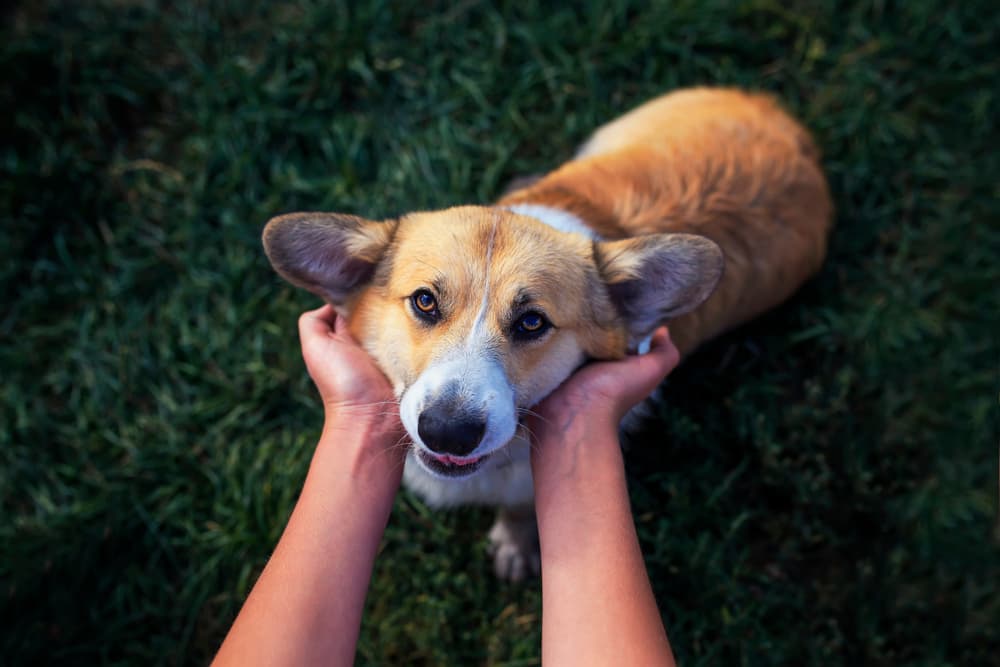Wellness Exam
Published on July 11, 2011
Skip To
- A wellness exam is an overall general health assessment that may include blood tests, urinalysis, and parasite screening.
- A wellness exam is recommended for most pets at least annually.
- Some veterinarians recommend wellness exams at least every 6 months for senior pets and pets with chronic health issues.
- A wellness exam can help ensure your pet’s health and detect early stages of disease.
What Is It?
A wellness examination is a complete physical examination along with diagnostic testing that may include blood work, urinalysis, and checking a stool sample for parasites. In many cases, a wellness examination can help detect the early stages of disease. Often, your veterinarian will schedule this exam when your pet is due for vaccinations.What Does It Include?
Wellness programs vary depending on the species, age, and health needs of the patient. Your veterinarian may ask you to fill out a preliminary checklist along with a complete medical history of your pet. The checklist will ask about any issues that your pet may have. For example, if you noticed that your pet is losing weight, your veterinarian may perform special tests to help rule out specific diseases that can cause weight loss. Make sure to fill out the forms thoroughly and bring a list of questions that you may have about your pet’s health. This is the perfect time to ask these questions.Most wellness exams include a complete physical examination, which is a nose-to-tail inspection for any abnormalities. Your veterinarian will use special equipment, including a stethoscope to listen to the heart and lungs, an otoscope to view the inside of the ears, and an ophthalmoscope to examine the eyes. Your veterinarian will also feel all over your pet’s body for lumps and bumps. In addition, your veterinarian will check your pet’s vital signs (temperature, pulse, and respiration) and record your pet’s current weight.
Many veterinarians perform testing on samples of blood, urine, and stool during a wellness exam. The blood test may include a complete blood cell count (CBC) and a chemistry panel. These tests can help determine if your pet has problems such as anemia, infection, or organ disease. Other tests, such as a thyroid evaluation, may be helpful, depending on the physical examination results and patient history.
Parasite tests are usually performed during wellness examinations. Your veterinarian may request that you bring in a sample of your pet’s stool for analysis. A fresh stool sample can be tested using special procedures to identify parasites. However, not all parasites are detected through stool samples. Your veterinarian may recommend testing your pet for heartworm disease. This type of parasite test involves taking a blood sample. Some veterinarians perform heartworm testing and fecal testing on site, but others send these tests to an outside laboratory for analysis.
Your veterinarian may also recommend checking your pet’s urine by performing a urinalysis. This helps determine whether your pet’s kidneys are working correctly and may also help diagnose certain conditions, such as diabetes and urinary tract infection. A urinalysis also involves testing the urine for the presence of bacteria, blood, and sediment as well as evidence of infection, any of which may mean that there is a problem.
Depending on your pet’s age, current medical condition, and medical history, your veterinarian may recommend additional tests as part of your pet’s wellness examination.
What Is It Used For?
A wellness examination is an important part of preventive health care for pets in all stages of life, from puppies and kittens to senior pets. If your pet seems to be young and healthy, a wellness examination is a good way to detect changes such as weight gain or loss, dental disease, or other subtle changes that may not be evident at home.For any pet, especially senior pets, a wellness examination is a good way to detect early onset of disease. Early diagnosis and treatment of diseases, such as diabetes and heart disease, can greatly improve the overall health and well-being of your pet.
This article has been reviewed by a Veterinarian.


